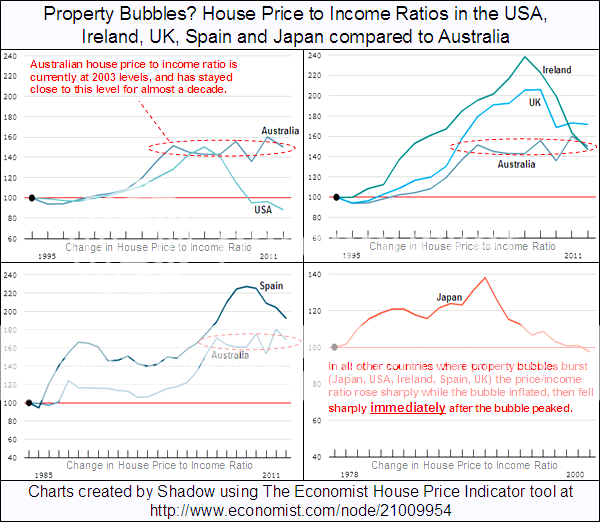i suggest you read the fine print before actioning this strategy.
but i guess thats what makes a market.
For myself i am increasing my positions on QBE.
What drivers do you see that would lead to increasing your position in QBE.
If the Australian housing market tanks, your best bang for buck is shorting the LMI providers as they are the most vulnerable. They take the brunt of the first 20% of falls and aren't adequately capitalised for a market collapse.


